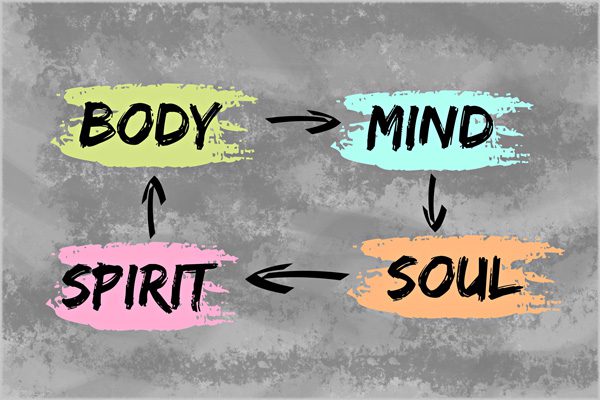What is Dialectical Behavior Therapy?
Dialectical Behavior therapy was developed in the late 1980’s by psychologist Marsha Linehan to treat borderline personality disorders.
The term “dialectic” is a philosophical term which signifies the art of investigating the truth of opinions, and the inquiry into contradictions and their solutions. The theory behind Dialectical Behavior Therapy is to help people that are apt to react in a highly intense manner to emotional situations. DBT suggests that some people’s emotional levels are far more intense than the average person, and they take more time to return to a comfortable emotional level. Emotional upheaval is often what makes people with addiction disorders relapse. When emotions get intense, if one has not learned coping skills, self medicating with drugs and/or alcohol becomes a solution.
People with borderline personality disorders often experience extreme swings in emotions, see everything in black and white, and always seem to be jumping from one crisis to another. These are some of the same traits that individuals with addictions suffer. Dialectical Behavior Therapy can help those with addictions learn how to better handle emotional situations, therefore leading to less chance of relapse in recovery.
There are four modules of Dialectical Behavior Therapy:
- Mindfulness – Practicing mindfulness is part of the core essential skill in DBT. Mindfulness has its roots in Buddhist philosophy and belief systems. It is a practicing of tuning in to the present moment, paying attention to our thoughts and feelings without judging them as “right” or “wrong,” and accepting our thoughts and feelings as they are. It has been found that practicing mindfulness increases positive thoughts and emotions while reducing negative thoughts and emotions, thus reducing stress. It helps us focus and changes brain patterns. Research has found that practicing mindfulness increases the gray matter in our brain regions that are linked with learning, memory, emotion regulation, and empathy.
- Interpersonal Effectiveness – Interpersonal skills training in DBT include teaching effective strategies for saying no, knowing and asking for what one needs, and coping with interpersonal conflict. This module focuses on relating to others in a healthy manner in order to change things for the better.
- Distress Tolerance – This module focuses on the acceptance of reality. Most individuals who suffer with addictions have given little thought to finding meaning for the distress in their lives. Skills taught through this part of DBT give the individual the coping skills to tolerate and get through distressing situations without picking up. Similar to page 417 in the Big Book of Alcoholics Anonymous, its concentration is on acceptance. Some of the strategies taught for handling stressful situations are: distracting oneself, self-soothing (doing something that makes one feel good, like taking a bath, going for a run, or doing yoga), improving the moment through mindfulness, and thinking of pros and cons of the situation.
- Emotion Regulation – Learning how to regulate emotions is a huge part of recovery. As mentioned above, addiction often stems from not wanting to feel emotions, or not being able to handle intense feelings. Dialectical Behavioral Therapy teaches strategies for handling emotions such as: identifying obstacles, increasing positive emotional events in one’s life, increasing mindfulness as to what one is feeling without acting upon the emotions, and taking an opposite action as to what one has done in the past to deal with emotional upheavals.
The goal of Dialectical Behavior Therapy is to enhance positive behaviors in all environments which one may encounter.
There are four stages of Dialectical Behavior Therapy.
- First Stage – The first stage is stabilization. This stage is centered on safety of the individual who may be having suicidal thoughts or who is just coming down off of drugs or alcohol.
- Second Stage – Once drugs and alcohol are out of the system, the individual will often feel intense emotions that have been buried by using. This stage focuses on learning to fully experience emotions without judging or burying them.
- Third Stage – The third stage of DBT comes into play once the individual has stabilized. It focuses on goal setting to make one’s life better.
- Fourth Stage – The fourth stage focuses on spiritual development. This is imperative for life long happiness. Dialectical Behavior Therapy has helped many people overcome addiction and go on to lead happy, clean lives. If you or a loved one has been struggling with borderline personality disorder, an eating disorder, or drug/alcohol addiction, DBT may be your step to leading a healthy, happy life. Speak to a therapist now.
If you or a loved one are ready to reach out for help from addiction, contact us at (888) 576-0222.
References:



